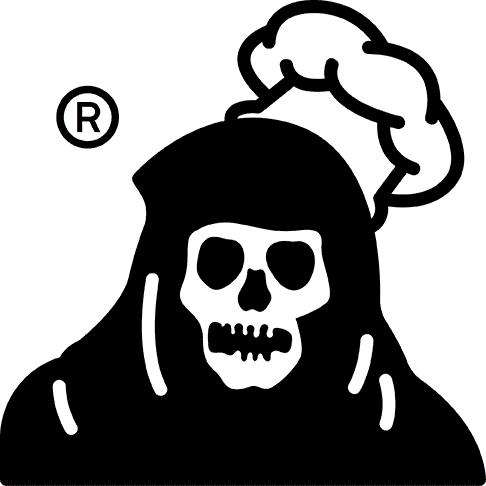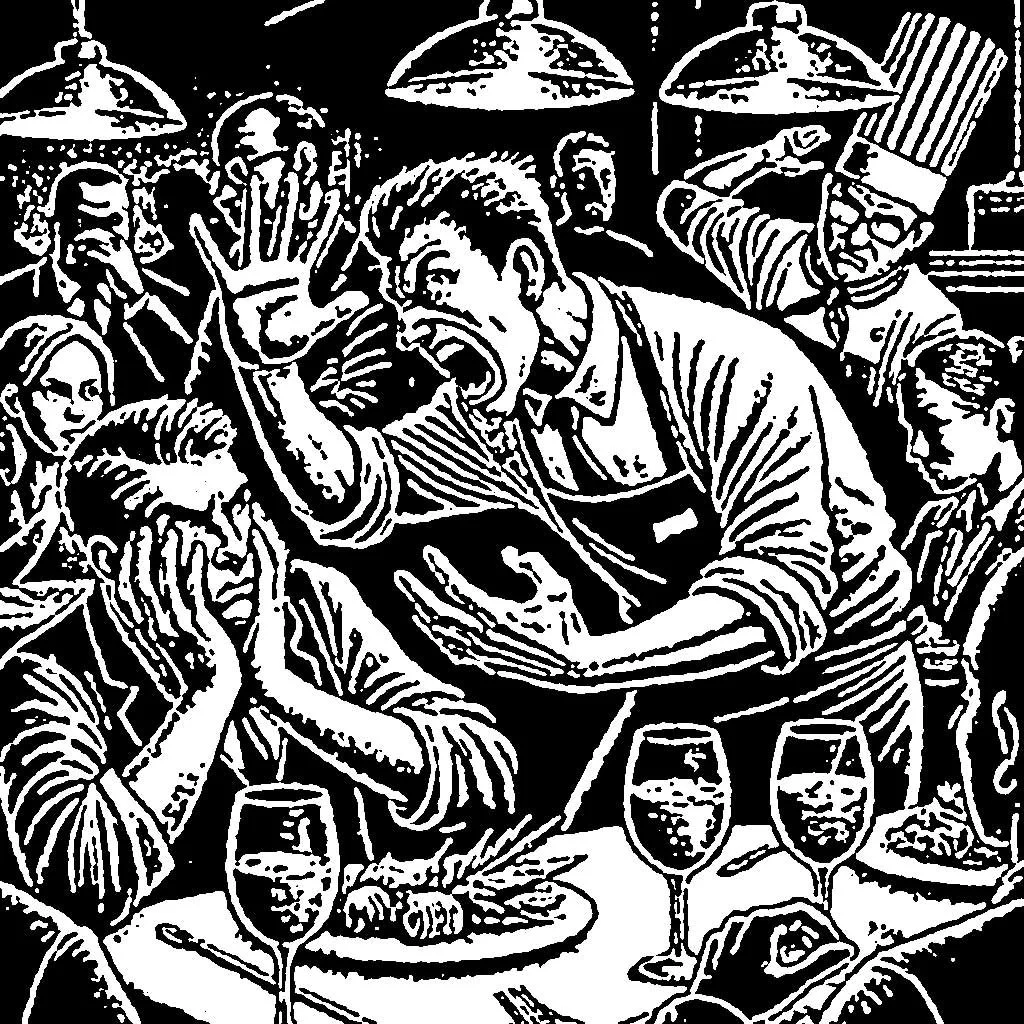WE ALL NEED TO CARE MORE ABOUT DIETARY NEEDS
Author: Molly StephensEveryone who’s worked in a restaurant in any capacity can say that, definitively, food allergies and restrictions can be frustrating. The precautions necessary to ensure the “CLEAN CUT” on the order is adhered to add precious minutes to ticket times for the back of house. A server’s whole groove can be thrown off by the long-winded explanation given by the patron about what and why their needs are, and the potential anecdote about the last time they secretly got glutened/dairied/alliumed. And, as a white woman with a gluten thing myself, I get how easy we are to dunk on. But the rub is, we all have to be taking this more seriously than we already are. You might think you’re really resolved in this arena, but you can do better. There are specific, actionable things many of us are neglecting (or haven't thought to do at all) that are putting our guests, and overall business, in trouble.
The CDC reports that somewhere around 6% of adults have a food allergy, and while that number might seem small within this context, that’s actually around 20 million people. And that’s just severe allergies. A survey embedded through Amazon links conducted by the NIH found that 24.8% of respondents have an intolerance of some kind. That’s damn near one in four people who’s shit could be rocked by a lapse in ingredient communication, cross contamination, or misreading a menu. The nine most common food allergens are milk, eggs, fish, shellfish, tree nuts, peanuts, wheat, soybeans, and sesame, which are such commonplace, staple items in so much of our home cooking, as well as commercial and industrial. Reactions to these allergies can run the gamut as things as seemingly-innocuous as a mild rash to anaphylactic shock.
Beyond just bodily intolerances, sensitivities, and allergies, there are restrictions made by choice or lifestyle necessity. Hindus, Buddhists, Jewish folks, Sikhs, Seventh Day Adventists, Muslims, and some Mormons all practice dietary restrictions. Members of Overeaters Anonymous might have trigger foods, people with autism can be sent into emotional distress over some specific foods. Many alcoholics in recovery avoid foods containing alcohol, even if it’s cooked off. All of these are as valid a reason to avoid certain things as a life-threatening allergy.
Give your entire kitchen staff an allergy sheet for every known allergen you can think of. Even if you’re hyper-seasonal and ever-rotating your menus, you have to do it. You might have to add extra training hours for new hires. It will add extra work to your kitchen manager and chef. Who cares? Do the right thing. Shave those minutes off of service when a guest or a server has a question about an ingredient and have the legwork already done, and easily available to your entire staff. Be exhaustive and thorough about it. Utilize your pre-service when there is a special, and tell your front of house team every single thing in any given dish. I promise they can get this information to your diners in a way that is slick, appealing, and not necessarily giving away your proprietary information. You aren’t god, give a little away.
Pay a graphic designer a fair wage to ensure your menu is notated accurately. Is it expensive? Yeah, you’re hiring a professional to ensure your menu is safely communicated. That is valuable and worth it, and they’ll be able to do it in a way that is beautiful, works with your aesthetic branding, and impresses everyone who enters your dining room.
Take a really good look around your kitchen, I mean call your Virgo friend and take a GOOD look around. Figure out where your weak spots for cross contamination are. Consider dedicating one of your fryers to be a gluten free fryer. Buy some extra knife sets and cutting boards to dedicate some to never being in contact with nuts or dairy. Figure out if some of your base prep ingredients have a more restriction-friendly option.
Encourage your front of house staff to ask questions before the guests do. Inform them of processes and how things are done. This not only helps them sell your dishes to anyone, regardless of dietary situations, but creates a workplace culture of transparency that will permeate beyond caretaking people with specific needs.
There’s the obvious need to be intense and highly aware of allergens and restrictions: our guests’ wellness has to be our number one priority. It’s fucking important. We all have our personalized value systems about why we love hospitality, but at the end of the day, we are hosting people’s good time. Every industry professional who knows what they’re doing understands that we are the conduits of people’s joyful memories, and it’s a stain on the career field we have built when we lapse in such an integral part of this. Sending someone to the hospital, violating their religious practice, potentially triggering a relapse, or even creating slight discomfort is something that has to be completely, unequivocally unacceptable to every single one of us, and become a bedrock in our operations philosophy. We are a part of people’s community, especially our smaller-biz neighborhood joints. An often-overlooked requirement in forming a healthy community is transparency and communication. When we don’t take care of people, they aren’t going to take care of us. When I’ve experienced accidental gluten, I will never care again how excellent my service was or how delicious the food might have been. I will always remember the betrayal of the menu and the 48 hours of gastrointestinal distress I endured. When people who don’t eat pork by choice or by faith learn their favorite brunch place puts lard in the biscuits and didn’t disclose that, they’re going to not only never return, but tell everyone they know about it. To this point, in the era of rapidly-shuttering restaurants, being the best you can be about making sure what food your patrons have is perfectly aligned with their lifestyle is a priceless competitive edge. Transparency about your ingredients and an obsessive level of care when dealing with these vulnerabilities makes our community members feel as valued as they deserve to be. When they’re hosting friends from out of town who have their own journey to navigate in what is safe to put into their bodies, you’re gonna be their choice. Foremost, you’re challenging yourself professionally to create the best, next-level experience possible. You’re creating security for people who are making the special decision to spend their time and money with you. You’re educating and empowering your staff to create a truly attentive moment that they’ll be able to carry for their entire career. You’re doing the right thing by a population who have been historically overlooked, mocked, or who have had a hard time trying to find a place to enjoy the magical, irreplaceable experience of enjoying a beautiful meal with people they love.
About the Author: Molly Stephens is a bartender and writer living in Cincinnati, Ohio. She draws perspective and inspiration from a lifetime in a bizarre career, being extremely online, and her strange imagination. Her current writing can be found in PR for Cincinnati hip hop artists, and she never leaves her house.

